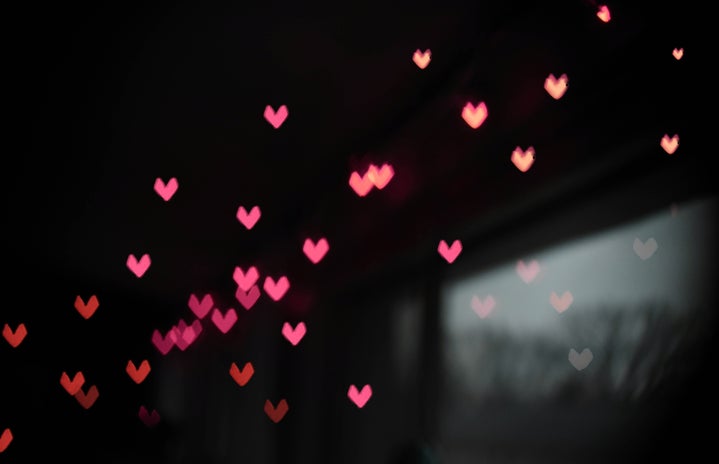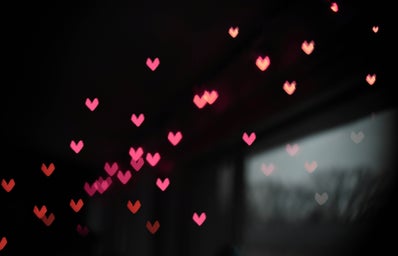As my friends like to put it, I am indeed an ‘old soul.’ By no means am I complaining about the progressive landscape and advancements of our day and age, but there is something to be said about the 50’s fashion, slow paced livelihood and dating scene that has me curious about if I would be better suited for a different time. I’m sure we can all agree that at some point or another, we’ve questioned if we’re really meant to be spending the prime of our early adulthood during the chaos of the 2020s. Specifically, I couldn’t help but wonder if the way that Gen Z and millennials experience rejection differs from the way that our grandparents’ generation had.
No matter who you are, where you are, your age, gender, or class, everyone has experienced rejection in some way or another. Although the notion of rejection feels like a modern concept it might be surprising to many that rejection has existed throughout generations. My current living situation involves a busy household filled with individuals of different eras, including my grandfather whose dating life thrived in the 1950s. I know what you’re thinking, “isn’t it a little weird to be talking to your grandpa about dating?” and to that my answer would be yes, definitely. But, for the sake of this article and my own curiosity, attaining this primary data was a must.
To paint the picture for you, my grandfather was a swanky musician of his own band called The Murray Alter Orchestra. Tall, dark and handsome, he was no stranger to the 1950’s Toronto dating scene. With his career in the early days being so busy, he’s had his fair share of experiences rejecting various women. Let’s just say that his communication tactics were not as efficient as the tactics available nowadays. Today, if you were uninterested an abrupt halt in communication, or as we like to call it ghosting, is the typically employed method. Back then, there was an art to rejecting others through real confrontation (scary I know). In one particular incident, it took my grandfather almost 30 days to reject a woman he had been on a few dates with, simply because there was no way to do it appropriately in such a short period of time.
The easiest way to rationalize these differences is the absence of social media and modern dating technology. In simpler times, you might have taken your counterpart on a date and realized there was no spark right then and there. However, instead of texting your BFF at the table to help plan an elaborate escape, you’d be forced to tolerate the other person’s company out of pure chivalry. Not to mention the contrary, where it would take a tedious amount of time to get over someone who’s strung you along after months of courting. There were no dating apps to enjoy frivolous conversation and ghost at your own disposal. So the question I am left ruminating with is which method of rejection is more preferable; to be strung along or to be ghosted? Despite the differences, what I’ve come to realize is that the principle of rejection has never changed. When it comes down to it, the same emotions are attached to the two contrasting methods of ending relationships. I mean, who’s to say that facing rejection in the 1950s didn’t sting as much as being ghosted does?
In the olden days perhaps there were more excuses, greater consideration and direct communication, but at the end of the day rejection is still rejection. Naturally many of us have become disheartened by our generation’s abrupt and desensitized ways of communicating with one another (or lack thereof). However, it’s important to ask ourselves if the current method of rejection can actually help us to decipher what’s best for ourselves. Perhaps the lack of emotional attachment makes it easier for us to keep swiping and move on. Or quite possibly, the emotional toll of being ghosted encourages a greater demand for more authentic and honest communication with one another. While it’s easier and significantly less painful for everyone to simply ghost, we have lost something in doing so…namely the art of communication.
And if I can leave you with a final food for thought: if our “rejection process” has gone from 30 days down to 3 seconds in over a half century, what will rejection feel like for our grandkids 50 years from now? By learning more compassion, I only hope that future generations will have better luck finding good old fashioned romance than ours has!


